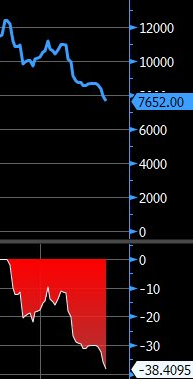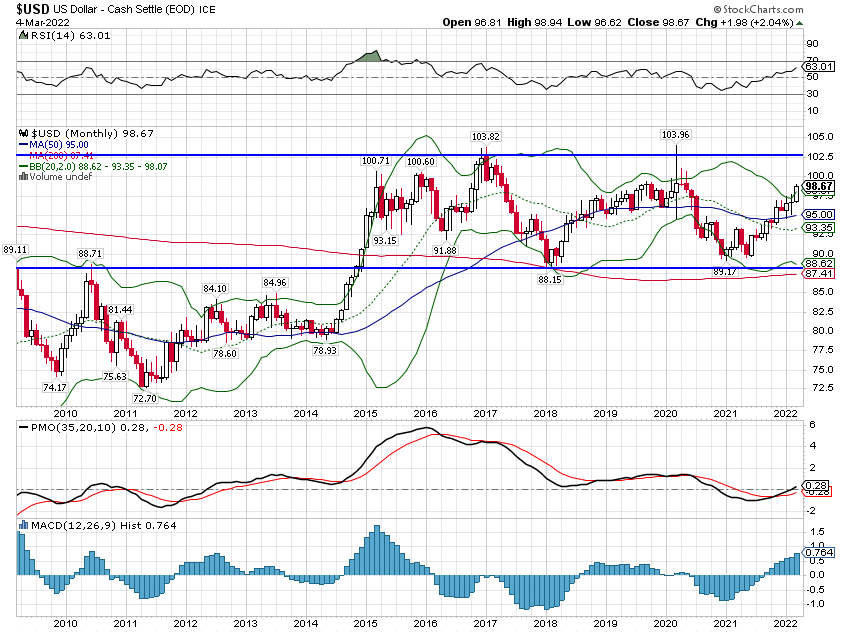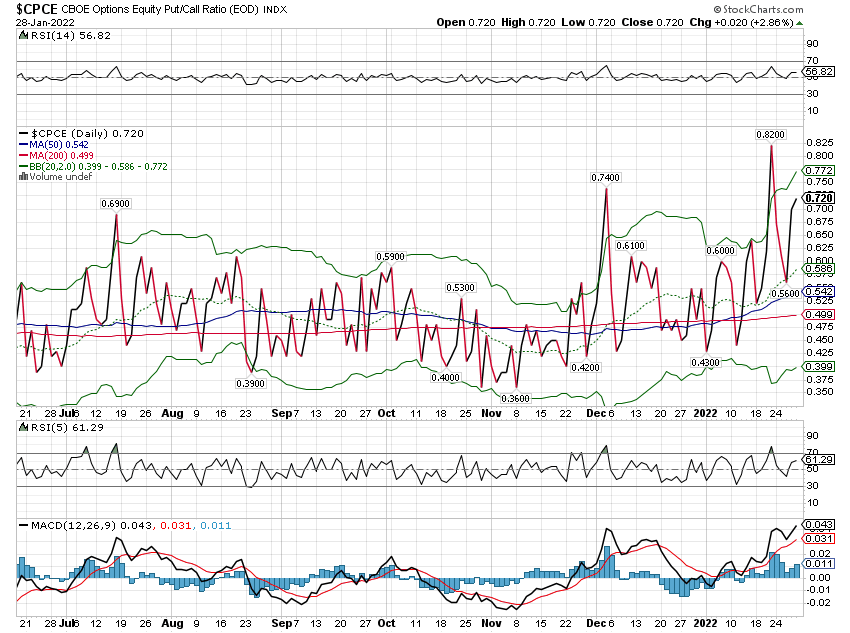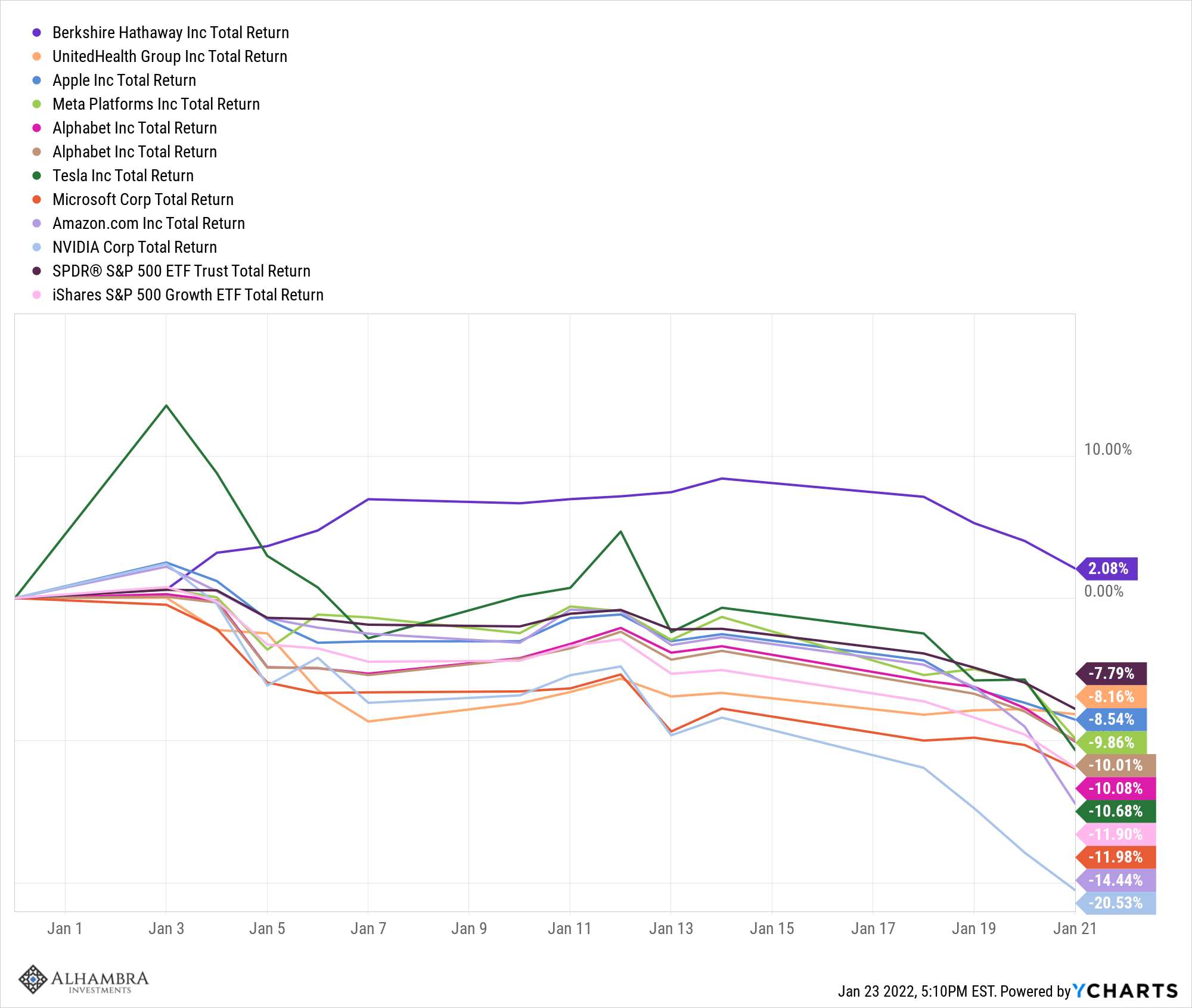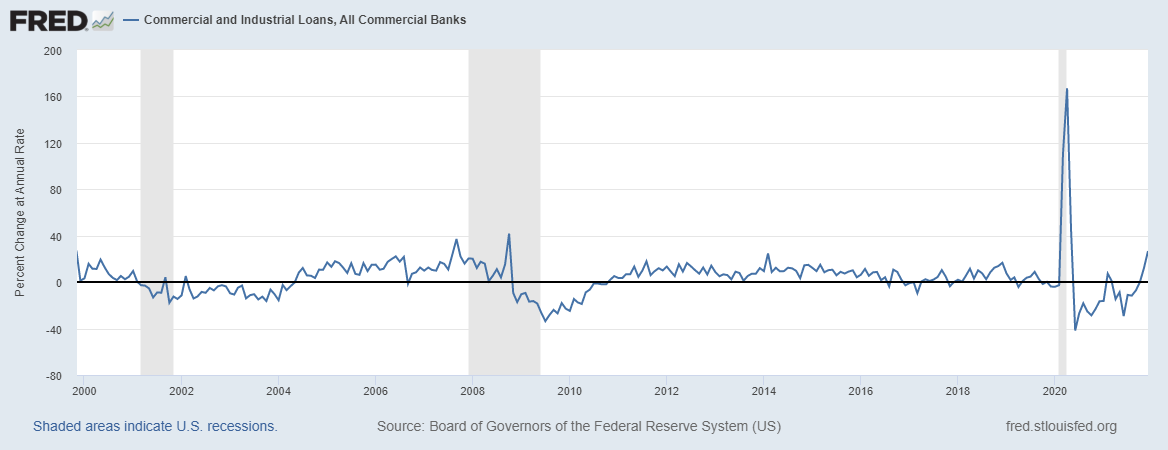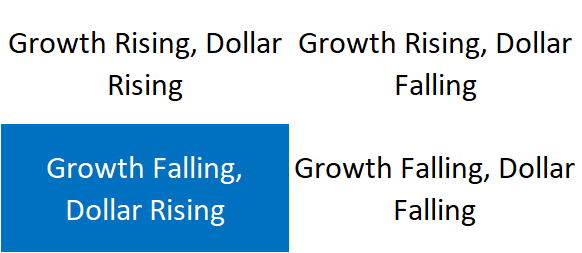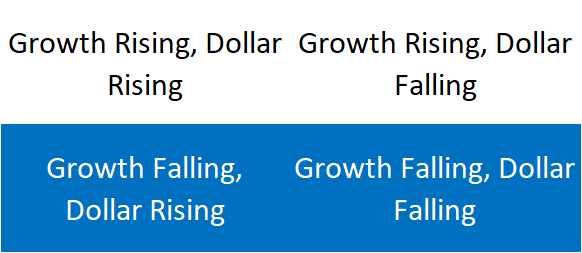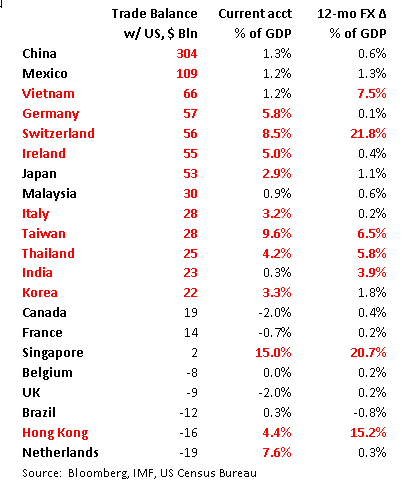As we suspected, the current EM bounce still has some legs. The BOJ’s surprise easing helped EM and risk end on last week on a strong note, and we expect that to carry over into this week. Within EM, we will start to see the first readings for January. The biggest risk perhaps is the jobs report on Friday. Soft US data has helped push out Fed tightening expectations, but a strong reading here could put it back on the radar screen.
Brazil reports December trade data on Monday. Exports are expected at -15% y/y and imports at -35% y/y. The collapse in imports has more than offset the collapse in exports, and so the external accounts are improving. Brazil then reports December IP on Tuesday, and is expected at -10.5% y/y vs. -12.4% in November. January IPCA inflation will be reported Friday, and is expected at 10.48% y/y vs. 10.67% in December.
Reserve Bank of India meets Tuesday and is expected to keep rates steady. However, a very small handful expects a 25 bp cut. Price pressures have been picking up, and CPI inflation of 5.6% in December is near the top of the RBI’s 2-6% target range. Comments from central bankers suggest the easing cycle has ended, at least for now.
Turkey reports January CPI Wednesday, and is expected to rise 9.5% y/y vs. 8.81% in December. Core inflation is seen basically steady at 9.5%. Yet with inflation well above the 3-7%, the central bank kept rates steady at the last policy meeting on January 19. The central bank just raised its 2016 and 2017 inflation forecasts due to the minimum wage hike. Something has to be done, but we think the central bank’s hands are tied right now.
National Bank of Poland meets Wednesday and is expected to keep rates steady at 1.5%. Some of the new members of the MPC are in place, but we think it’s too early to restart the easing cycle at this meeting.
Czech National Bank meets Thursday and is expected to keep policy steady. Earlier that day, Czech Republic reports December retail sales and are expected to rise 8.0% y/y vs. 8.7% in November. There is a risk that forward guidance is extended this year, but this meeting may be too soon.
Banco de Mexico meets Thursday and is expected to keep rates steady at 3.25%. The firmer peso has given the central bank some breathing room to stay on hold this month. The next policy meeting is March 18, which comes right after the FOMC meeting on March 16. If the Fed remains on hold then, we suspect Banxico will also.
Taiwan reports January CPI Friday, and is expected to rise 0.75% y/y vs. 0.14% in December. The central bank has no explicit inflation target, but the lack of price pressures has allowed the central bank to ease policy to address the sluggish economy. We see further easing at the next quarterly policy meeting in March.
The Philippines reports January CPI Friday and is expected to rise 1.3% y/y vs. 1.5% in December. Core inflation is expected to remain steady at 2.1% y/y. The target range for headline inflation is 2-4%, and it has been below this since May. Yet the central bank has remained on hold since its last 25 bp hike to 4% back in September 2014. This is due in part to the still-robust economy as well as to upside inflation risks from El Nino.
Chile reports monthly GDP proxy Friday, and is expected to rise 1.3% y/y vs. 1.8% in November. If so, Q4 GDP growth would come in around 1.5% y/y vs. 2.2% in Q3. This would be the slowest rate since Q3 2014. The bank left rates on hold at its last meeting on January 14, due in large part to the slowing economy. A hike at the next meeting February 11 is possible, but its decision will depend in part on the January CPI print the day before.
Colombia reports January CPI Friday, and is expected to rise 7.05% y/y vs. 6.77% in December. This is a new cycle high and further above the 2-4% target range. The central bank hiked 25 bp to 6.0% last Friday (as expected) and will most likely continue to hike another 25 bp at the next policy meeting on February 19.
Tags: Emerging Markets























